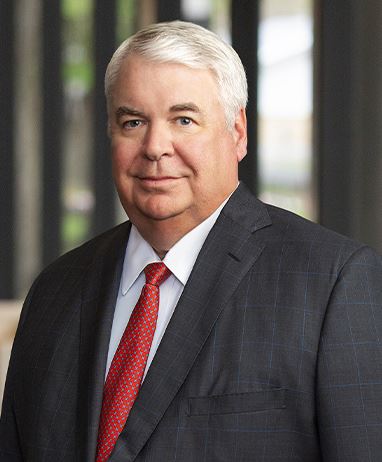With demand increasing for widespread COVID-19 testing, clinical laboratories processing COVID-19 tests must be diligent in ensuring that their marketing and compensation arrangements comply with the Eliminating Kickbacks in Recovery Act (EKRA).
Since the risk of fraud and abuse has increased during the pandemic, the U.S. Department of Justice (DOJ) has asked that all U.S. Attorney Generals work closely with their community to detect, deter, and punish those who seek to profit off the public’s fears during COVID-19. The federal Anti-Kickback Statute (AKS) has been predominantly used in recent cases of fraud from the DOJ, but now they are beginning to employ EKRA (18 U.S.C. § 220) to combat fraud as well.
Our health law attorneys regularly counsel medical and diagnostic lab owners and marketers on EKRA compliance. To speak with a lawyer about your lab's compensation structures and referral arrangements, call (713) 909-7323 or contact us online.
The current enforcement climate increases the chances that the government will turn to EKRA as a prominent enforcement tool. EKRA was enacted by Congress in 2018 to stop patient brokering and kickbacks among treatment centers and testing labs involved in opioid treatment. However, the law broadly applies to all laboratories, not just those that perform testing related to substance abuse. Because of this broad application, it is imperative that all laboratories—including COVID-19 lab companies—understand EKRA and how to comply with its regulations.
What Is the EKRA Law?
Enacted as part of a larger federal legislative initiative aimed at addressing the opioid crisis, the EKRA law prohibits recovery homes, clinical treatment facilities, and laboratories from accepting or paying kickbacks for referrals.
Under EKRA, it is a federal crime to knowingly and willfully do the following:
- Solicit or receive any remuneration (including kickbacks, bribes, or rebates) directly, or overtly in return for referring a patient to a recovery home, clinical treatment facility, or laboratory; or
- Pay or offer any remuneration either to induce a referral or in exchange for an individual using the services of a recovery home, clinical treatment, or laboratory.
Those that engage in these activities face serious punishment. Breaking the EKRA law can result in fines of not more than $200,000, imprisonment of no more than 10 years, or both for each occurrence.
EKRA and COVID-19 Testing Labs
While laboratories scramble to meet the nation’s demand for COVID-19 testing—playing a critical role in the diagnosis and treatment of coronavirus—they must simultaneously remain diligent in their compliance efforts. Testing labs should evaluate their compensation structures, particularly for marketing or sales staff. EKRA includes exceptions for payments to employees but the parameters are, in some cases, applied more stringently than the safe harbors defined by the AKS. “AKS allows any payments to an employee as long the employment relationship is clearly defined,” says Managing Shareholder and health law expert Trey Hendershot. “EKRA exceptions, however, are more narrowly defined. Under EKRA, payments to employees that vary based on tests performed or payments received, for example, are prohibited.”
COVID-19 testing labs should also review financial arrangements with referral sources and related to patient copay and coinsurance waivers. Similarly, physicians or physician practices referring patients for testing should review their financial arrangements with medical labs since the law applies to parties on both sides of the prohibited arrangement (both the solicitor and the receiver of prohibited referral or inducement fees).
Laboratories are not immune from federal prosecution even if testing services are not being reimbursed through federal health care programs, or if they are even being reimbursed at all.
Because the government has directed substantial funds to assist in testing, especially for clinical laboratories testing for COVID-19, DOJ will be more involved in ensuring that fraud is not taking place. Keeping a close eye on current protocol means labs can quickly identify whether they are participating in any noncompliant matters, and work to remediate their practices to ensure compliance.
Need assistance with ensuring your COVID-19 testing lab is EKRA compliant? Call Hendershot Cowart P.C. today at (713) 909-7323 to discuss how our Houston health law attorneys can help you.



